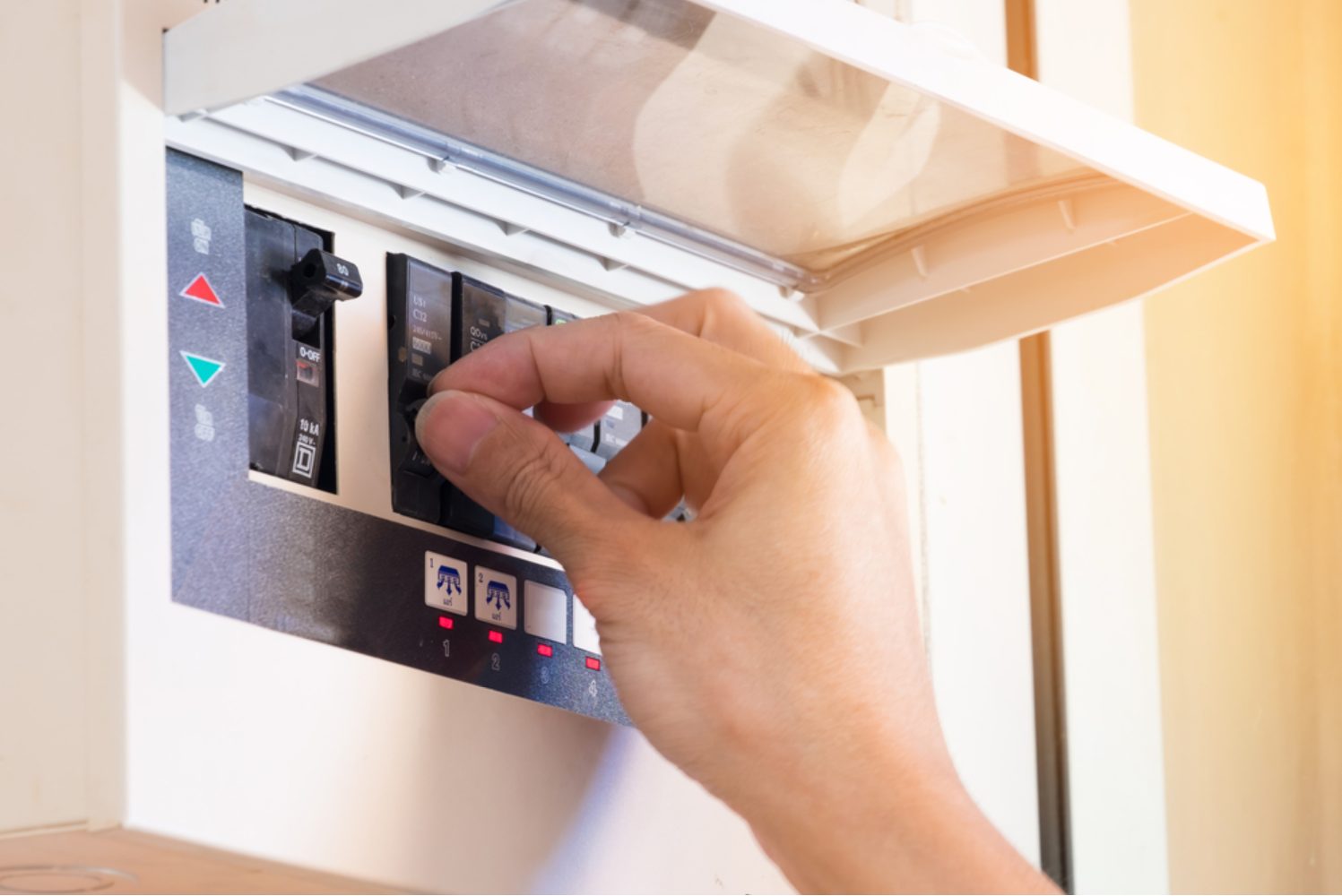

Articles
Why Is My Space Heater Tripping The Breaker
Modified: January 19, 2024
Looking for articles on why your space heater keeps tripping the breaker? Find answers and solutions in this comprehensive guide.
(Many of the links in this article redirect to a specific reviewed product. Your purchase of these products through affiliate links helps to generate commission for Storables.com, at no extra cost. Learn more)
Introduction
A space heater is a convenient and effective way to keep a specific area warm and cozy, especially during the colder months. However, it can be quite frustrating when your space heater keeps tripping the circuit breaker. Not only does it disrupt the heating process, but it can also be a safety concern.
In this article, we will delve into the reasons why your space heater may be tripping the breaker and explore possible solutions to prevent this from happening. Understanding the underlying causes will not only help you troubleshoot the issue but also ensure the safe and efficient operation of your space heater.
So, if you’re curious about why your space heater keeps causing your circuit breaker to trip, keep reading to find out more!
Key Takeaways:
- Prevent circuit breaker trips by balancing electrical loads, avoiding extension cords, and choosing the right space heater wattage. Regular maintenance and inspection can also help identify and address potential issues.
- Tripped circuit breakers can result from overloaded circuits, faulty wiring, damaged heaters, or improper use of extension cords. Understanding these causes and implementing preventive measures can ensure safe and efficient space heater operation.
Read more: Why Breakers Trip
Understanding Space Heaters
Before we dive into the reasons why your space heater may be tripping the circuit breaker, let’s first understand the basics of how a space heater operates. A space heater is a portable device designed to heat a small area or room. It typically consists of heating elements, a fan or blower, and various safety features.
Space heaters come in different types, including electric, gas, and oil-filled heaters. Electric space heaters are the most common and convenient option for most households. They work by converting electrical energy into heat using a heating element, usually made of metal coils or ceramic plates.
The heat generated by the space heater is then distributed into the surrounding area using a fan or blower. This helps to circulate the warm air and provide instant heating. Many space heaters also come with adjustable temperature settings and timers for better control.
While space heaters can provide efficient and localized heating, it’s important to use them responsibly and safely. Improper use or neglecting safety precautions can lead to accidents or malfunctions, such as tripping the circuit breaker.
Now that we have a better understanding of space heaters, let’s explore some possible reasons why your space heater may be tripping the circuit breaker.
Tripping Circuit Breakers
If your space heater is consistently tripping the circuit breaker, it means that the electrical load produced by the heater exceeds the capacity of the circuit. When this happens, the circuit breaker automatically shuts off the electricity flow to prevent overheating and potential fire hazards.
Tripped circuit breakers can be a result of various factors, including overloaded circuits, faulty wiring, damaged heaters, or improper use of extension cords. Let’s take a closer look at each of these potential causes:
- Overloaded Circuit: One common reason for a tripped circuit breaker is an overloaded circuit. This occurs when the total electrical load on a circuit exceeds its maximum capacity. If you’re using multiple high-wattage appliances on the same circuit while running your space heater, it can easily overload the circuit and cause the breaker to trip.
- Faulty Wiring: Faulty or outdated wiring can also lead to circuit breaker tripping. If the wiring in your home isn’t properly grounded or there are loose connections, it can cause electrical disruptions and trigger the circuit breaker. It’s important to have a qualified electrician inspect your wiring to ensure it’s in good condition.
- Damaged Heater: A damaged or malfunctioning space heater can also trip the circuit breaker. Internal issues, such as short circuits or overheating components, can cause the heater to draw excessive electrical current and trip the breaker as a safety precaution. If you suspect that your space heater is damaged, it’s best to have it inspected or replaced.
- Using Extension Cords: While it may seem convenient to plug your space heater into an extension cord, it can actually be a safety hazard. Extension cords are not designed to handle the high electrical load of space heaters. Using an extension cord can lead to overheating and tripping the circuit breaker. Always plug your space heater directly into a wall outlet.
It’s important to identify the specific cause of the circuit breaker trips associated with your space heater. This will help you take the necessary steps to rectify the issue and prevent future occurrences. In the next sections, we will discuss some preventive measures that can help you avoid tripping circuit breakers.
Possible Causes
When your space heater keeps tripping the circuit breaker, there can be several potential causes. Let’s take a look at some of the common reasons behind this issue:
- High wattage: One possible cause is that your space heater has a high wattage. Space heaters with higher wattages tend to draw more power from the electrical circuit, increasing the chances of overloading the circuit and tripping the breaker. Checking the wattage of your space heater and comparing it to the circuit’s capacity can help identify this as a probable cause.
- Old or overloaded circuit: If your home has an older electrical system, the circuit may not be able to handle the load required by your space heater. Older circuits are often designed for lower electrical demands and may trip more easily when faced with high wattage appliances. Additionally, if the circuit is already overloaded with other devices, adding a space heater can push it beyond its capacity.
- Multiple devices on the same circuit: Another cause for tripped circuit breakers is having multiple devices plugged into the same circuit as your space heater. When multiple high-wattage appliances are used simultaneously, the combined load can surpass the circuit’s capacity, leading to a trip. Consider redistributing the appliances across different circuits to balance the electrical load.
- Incorrect wiring: Faulty or incorrect wiring can also contribute to the tripping of circuit breakers. Loose connections, faulty grounding, or inadequate wiring gauge can cause electrical disruptions and trigger the breaker. It’s crucial to have a qualified electrician inspect your electrical system to ensure it is installed correctly and meets safety standards.
- Overheating: Space heaters can overheat if there is insufficient airflow or if the heating element becomes damaged or clogged with debris. Overheating can elevate the electrical load, causing the circuit breaker to trip as a safety measure. Keep your space heater clean and ensure proper ventilation to prevent overheating.
- Extension cord usage: While it’s tempting to use an extension cord for convenience, it can be a common culprit behind tripped circuit breakers. Extension cords may not be designed to handle the high power requirements of space heaters, leading to overheating and circuit trips. It’s best to plug your space heater directly into a wall outlet.
Identifying the specific cause behind your space heater tripping the circuit breaker is essential for finding an appropriate solution. In the next sections, we will discuss some preventive measures that can help you keep your space heater running smoothly without tripping the breaker.
Overloaded Circuit
One of the common causes of a space heater tripping the circuit breaker is an overloaded circuit. An overloaded circuit occurs when the total electrical load on a circuit exceeds its maximum capacity.
Space heaters typically consume a significant amount of electricity, especially if they have high wattage settings. If you’re using the space heater along with other high-wattage appliances, such as a microwave or hairdryer, on the same circuit, it can easily overload the circuit and trip the breaker.
To prevent an overloaded circuit, it’s important to consider the following strategies:
- Distribute the load: Avoid plugging multiple high-wattage appliances into the same circuit as your space heater. Distribute the load across different circuits in your home to balance the electrical demand. For example, if your space heater is in the living room, try using appliances in the kitchen on a separate circuit.
- Use a dedicated circuit: If you frequently use a space heater or have other high-wattage devices in a particular room, consider installing a dedicated circuit for those appliances. A dedicated circuit ensures that the space heater has its own electrical circuit, preventing it from overloading other circuits in your home.
- Reduce wattage: If your space heater has multiple heat settings, consider reducing the wattage to a lower setting. Lower wattage means less electrical load on the circuit and reduces the chances of tripping the breaker. Only use higher wattage settings when absolutely necessary.
- Unplug unused devices: When you’re using a space heater, unplug any unnecessary devices or appliances from the circuit. This will free up some capacity and prevent overloading the circuit. Remember, it’s always a good practice to unplug devices when they are not in use to reduce power consumption and potential hazards.
- Spread out usage: If you have multiple space heaters in different rooms, avoid using them all at once. Alternating the usage of space heaters across different rooms and time intervals will prevent overloading a single circuit. This is particularly important in older homes with limited electrical capacity.
By following these suggestions, you can ensure that the electrical load from your space heater is properly managed, reducing the risk of tripping the circuit breaker due to an overloaded circuit.
Check the wattage of your space heater and compare it to the circuit’s capacity. If the heater’s wattage is too high for the circuit, it can trip the breaker. Consider using a lower wattage heater or plugging it into a different circuit.
Faulty Wiring
Faulty wiring is another possible cause of a space heater tripping the circuit breaker. Wiring issues can disrupt the flow of electricity and result in circuit breaker trips. Here are some common wiring problems to consider:
- Loose connections: Loose connections in the electrical system can cause fluctuations in the electrical supply, leading to circuit breaker trips. Over time, electrical connections can become loose due to normal wear and tear or improper installation. It’s crucial to have a qualified electrician inspect and tighten any loose connections to ensure a stable electrical flow.
- Faulty grounding: Grounding is a vital safety feature in electrical systems. It provides a path for excess electrical current to safely dissipate into the ground. If the grounding is faulty or inadequate, excess electrical current may pass through the circuit, causing the breaker to trip. A professional electrician can assess and improve the grounding system if needed.
- Inadequate wiring gauge: The gauge or thickness of the wires in your electrical system plays a crucial role in handling the electrical load. If the gauge is too thin for the current requirements of your space heater, it can lead to overheating and circuit breaker trips. Upgrading to thicker gauge wires may be necessary to support the electrical demands of the space heater.
- Outdated wiring: Old or outdated wiring systems may not be designed to handle the power demands of modern appliances. If your home still has knob-and-tube wiring or aluminum wiring, it’s important to have it inspected by a professional electrician. Upgrading to modern electrical wiring will improve safety and reliability, reducing the chances of circuit breaker trips.
If you suspect that faulty wiring is the cause of your space heater tripping the circuit breaker, it’s crucial to seek professional help. Attempting to fix wiring issues without proper knowledge and experience can be dangerous. A licensed electrician can diagnose any wiring problems and provide the necessary repairs or upgrades to ensure a safe electrical system.
Remember, electrical systems should always be handled by trained professionals to avoid potential hazards. Regular maintenance and inspection of your home’s electrical wiring are essential to identify and address any issues that could lead to circuit breaker trips.
Damaged Heater
A damaged space heater can be another cause of a circuit breaker tripping. Internal issues within the heater can result in excessive electrical current draw, leading to an overload and subsequent breaker trip. Here are some common factors that can contribute to a damaged heater:
- Short circuits: A short circuit occurs when there is an unintended connection between two electrical components within the heater. This can happen due to wiring issues or damaged insulation. When a short circuit occurs, it can cause a significant increase in electrical current flow, triggering the circuit breaker.
- Overheating components: Over time, the heating elements or other components within the space heater can deteriorate or become damaged. When this happens, the heater may draw more electrical current than it should, leading to circuit breaker trips. Regular maintenance and cleaning of the space heater can help prevent overheating of the internal components.
- Clogged filters: If the air filters in your space heater become dirty or clogged, it can restrict airflow and cause the heater to work harder to maintain the desired temperature. This increased workload can lead to an increase in electrical current draw, potentially tripping the circuit breaker.
- General wear and tear: Like any other appliance, space heaters can experience wear and tear over time. Components may degrade, connections may become loose, and parts may become damaged. These issues can contribute to increased electrical resistance and cause the heater to draw more current than it should, resulting in circuit breaker trips.
If you suspect that your space heater is damaged, it’s important to take the appropriate steps to address the issue. Here are some actions you can take:
- Inspect the heater: Check for any visible signs of damage or loose connections. Look for frayed wires, scorch marks, or any other signs of compromised components.
- Clean the heater: Regularly clean the space heater, including the filters and vents. Proper airflow is crucial for the efficient and safe operation of the heater.
- Consult a professional: If you suspect that your space heater is damaged, it’s best to consult a professional technician or the manufacturer. They can provide guidance on repairs or advise you on whether it’s time to replace the heater altogether.
Remember, a damaged space heater not only poses a risk of tripping the circuit breaker but also presents potential safety hazards. It’s essential to ensure that your space heater is in good working condition to prevent any electrical issues or accidents.
Using Extension Cords
Using extension cords with space heaters is a common mistake that can lead to circuit breaker tripping. While it may seem convenient to extend the reach of your space heater by plugging it into an extension cord, it can actually pose serious risks and increase the chances of circuit overloading. Here’s why using extension cords with space heaters is problematic:
- Overloading the cord: Extension cords have a maximum wattage rating that indicates the amount of power they can safely handle. Most standard extension cords are not designed to handle the high power requirements of space heaters. Plugging a space heater into an extension cord can cause the cord to overheat and potentially melt, leading to a circuit breaker trip or even a fire hazard.
- Voltage drop: Longer extension cords or cords with a lower gauge can result in voltage drop. Voltage drop occurs when the electrical current has to travel a longer distance or through a thinner wire, leading to a decrease in voltage. This can cause the space heater to operate at a lower voltage, reducing its efficiency and potentially causing the circuit breaker to trip.
- Increased resistance: Extension cords introduce additional resistance into the electrical circuit. The longer the cord or the lower the gauge, the higher the resistance. Increased resistance can cause the space heater to draw more electrical current than it should, surpassing the limits of the circuit and resulting in the breaker tripping.
- Potential for damage: Space heaters generate heat, and if placed too close to an extension cord, it can cause the cord to overheat and potentially melt. This not only risks damage to the cord but also increases the chances of electrical short circuits or sparking, leading to circuit breaker trips or even electrical fires.
To ensure safe operation of your space heater and prevent circuit breaker trips, it’s important to follow these guidelines:
- Plug directly into a wall outlet: Whenever possible, plug your space heater directly into a properly grounded wall outlet. This eliminates the need for extension cords and minimizes safety risks associated with their use.
- Choose an outlet with the correct capacity: Ensure that the outlet you are using to plug in your space heater has the appropriate electrical capacity. An outlet on a dedicated circuit is ideal if possible. Check the rating of the circuit and match it to the wattage of the space heater to avoid overloading.
- Use a short, heavy-duty extension cord: If using an extension cord is unavoidable, select a short cord with a heavy gauge rating appropriate for the wattage of your space heater. Be sure to choose an extension cord specifically designed for high-power appliances and follow the manufacturer’s guidelines for safe usage.
- Regularly inspect the cord: Check the extension cord regularly for any signs of wear, damage, or overheating. Replace any damaged or frayed cords immediately to prevent electrical hazards.
- Limit the number of devices on the circuit: Avoid connecting multiple devices to the same circuit as your space heater. This reduces the overall electrical load on the circuit and reduces the chances of overloading and tripping the breaker.
By following these precautions, you can ensure the safe and efficient use of your space heater without risking circuit overloads or tripping the breaker.
Preventive Measures
To prevent your space heater from tripping the circuit breaker, it’s important to take some proactive measures and follow safety guidelines. Here are some preventive measures you can implement:
- Choose the right space heater: Before purchasing a space heater, consider the size of the room you intend to heat. Select a heater with an appropriate wattage rating for the room. Choosing a heater that is too powerful for the space can lead to excessive energy consumption and increase the risk of tripping the circuit breaker.
- Balance the electrical load: Distribute the electrical load across different circuits in your home. Avoid plugging multiple high-wattage appliances into the same circuit as your space heater. Balancing the load across circuits helps to prevent circuit overloads and reduce the chances of tripping the breaker.
- Check your electrical system: Regularly inspect your electrical system for any signs of damage, loose connections, or outdated wiring. Hire a licensed electrician to assess your system’s condition and make necessary repairs or upgrades to ensure safe and efficient electrical operation.
- Clean and maintain your space heater: Keep your space heater clean and free from dust, debris, and any other obstructions. Regularly clean the air filters to ensure proper airflow and prevent overheating. Follow the manufacturer’s instructions for maintenance and replace any damaged or worn-out components.
- Avoid using extension cords: Whenever possible, plug your space heater directly into a properly grounded wall outlet. If an extension cord is necessary, use a heavy-duty cord with an appropriate gauge rating for the heater’s wattage. Ensure the extension cord is in good condition and free from damage.
- Use built-in safety features: Most modern space heaters come with built-in safety features, such as overheat protection and tip-over shut-off. These features are designed to automatically shut off the heater if it gets too hot or if it accidentally tips over. Ensure that these safety features are functional and not obstructed by any objects.
- Follow manufacturer’s guidelines: Always read and adhere to the manufacturer’s instructions and safety guidelines for your space heater. This includes proper installation, usage, and maintenance recommendations. Following the manufacturer’s guidelines will help ensure the safe and optimal performance of your space heater.
By implementing these preventive measures, you can reduce the risk of your space heater tripping the circuit breaker and enhance its safe and efficient operation.
Read more: Why Does My AC Breaker Keep Tripping
Conclusion
A space heater tripping the circuit breaker can be a frustrating and potentially dangerous issue. However, by understanding the possible causes and taking preventive measures, you can ensure the safe and efficient operation of your space heater without experiencing circuit breaker trips.
In this article, we explored various reasons why your space heater may be tripping the breaker, including overloaded circuits, faulty wiring, damaged heaters, and improper use of extension cords. We discussed the importance of distributing the electrical load, inspecting and maintaining the electrical system, and avoiding the use of extension cords when possible.
It is crucial to choose the right space heater for your needs and follow the manufacturer’s guidelines for installation, usage, and maintenance. Regular cleaning and inspection of the heater, as well as addressing any wiring issues with the help of professionals, can go a long way in preventing circuit breaker trips and ensuring the safety of your space heater.
Remember, electrical safety should always be a priority. If you are unsure about any electrical issues or suspect that your space heater may be malfunctioning, it is recommended to consult a qualified electrician or the manufacturer for assistance.
By implementing the preventive measures outlined in this article and staying vigilant regarding the electrical aspects of your space heater, you can enjoy the warmth and comfort it provides without any disruptions or safety concerns.
Frequently Asked Questions about Why Is My Space Heater Tripping The Breaker
Was this page helpful?
At Storables.com, we guarantee accurate and reliable information. Our content, validated by Expert Board Contributors, is crafted following stringent Editorial Policies. We're committed to providing you with well-researched, expert-backed insights for all your informational needs.
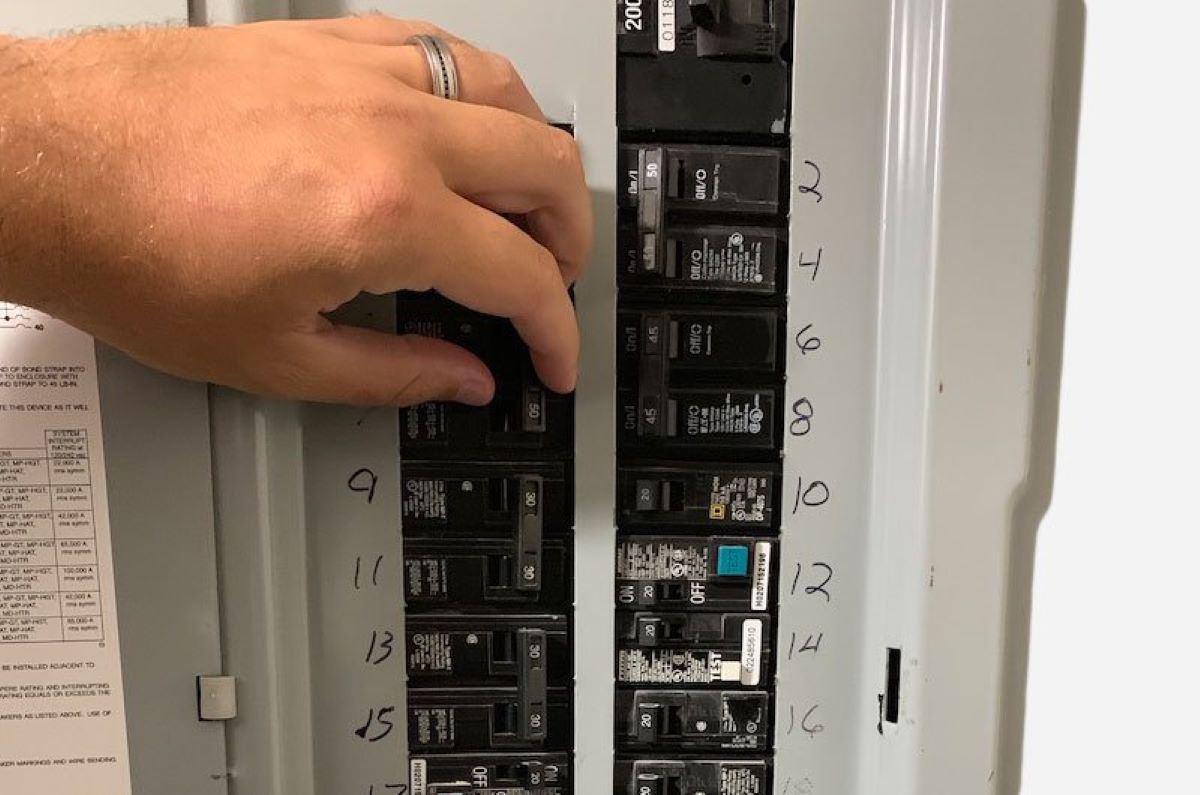
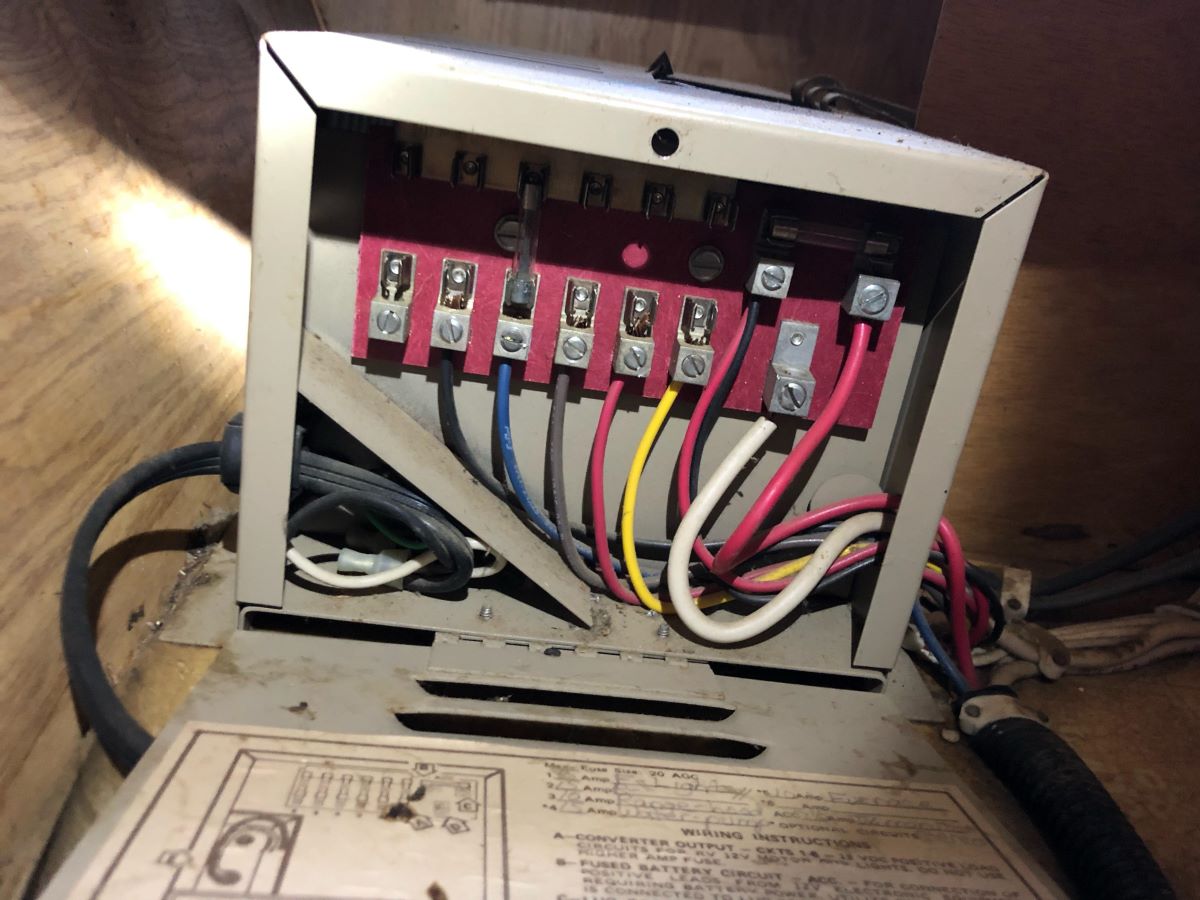
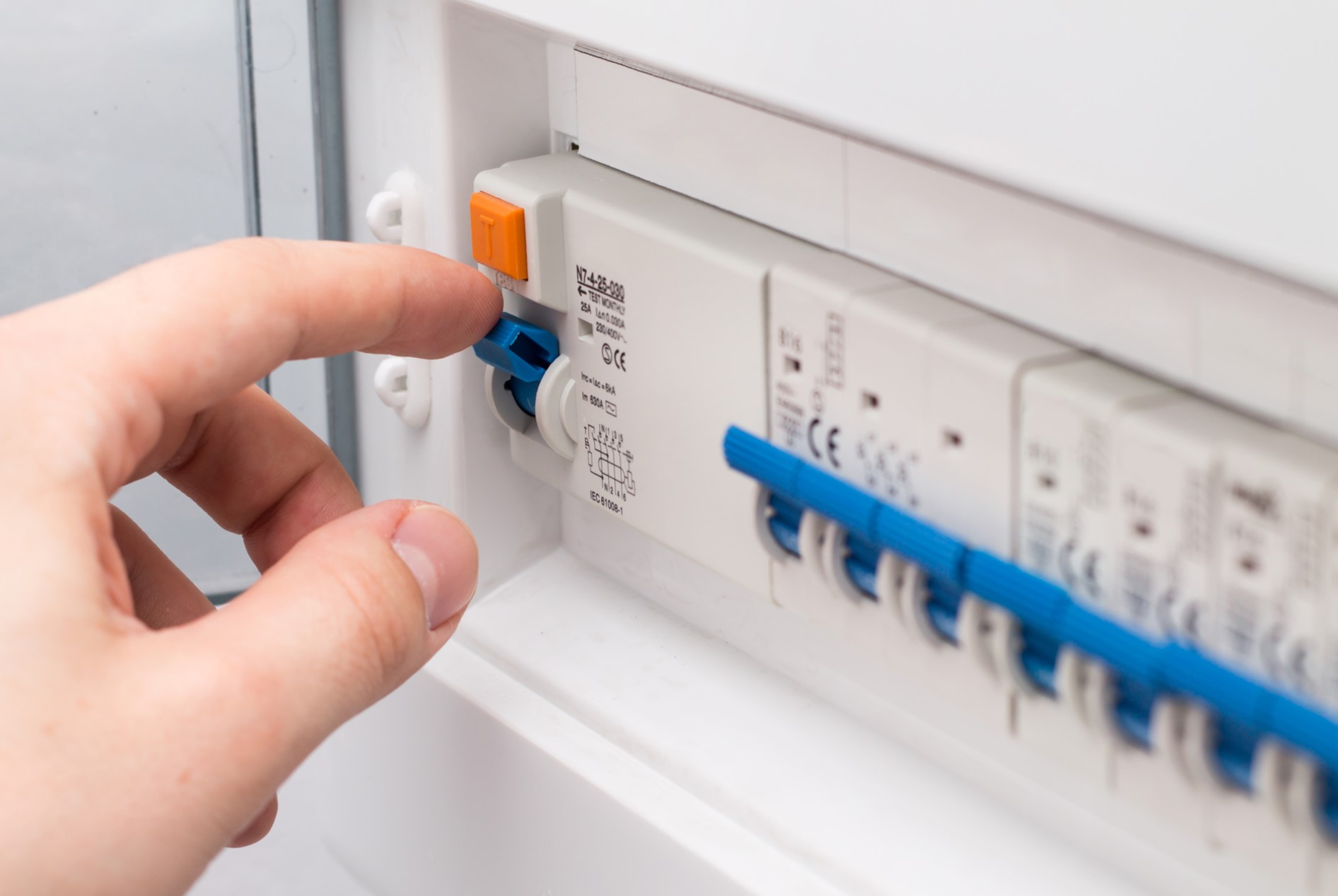
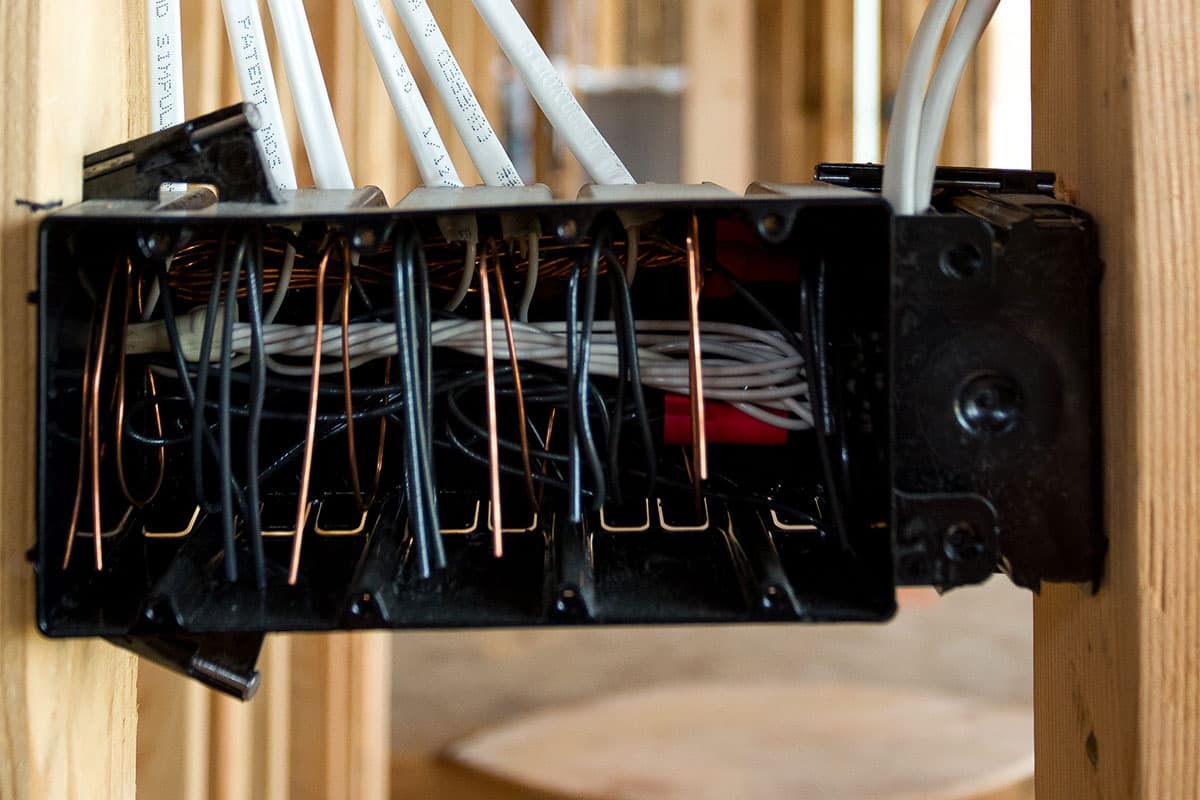
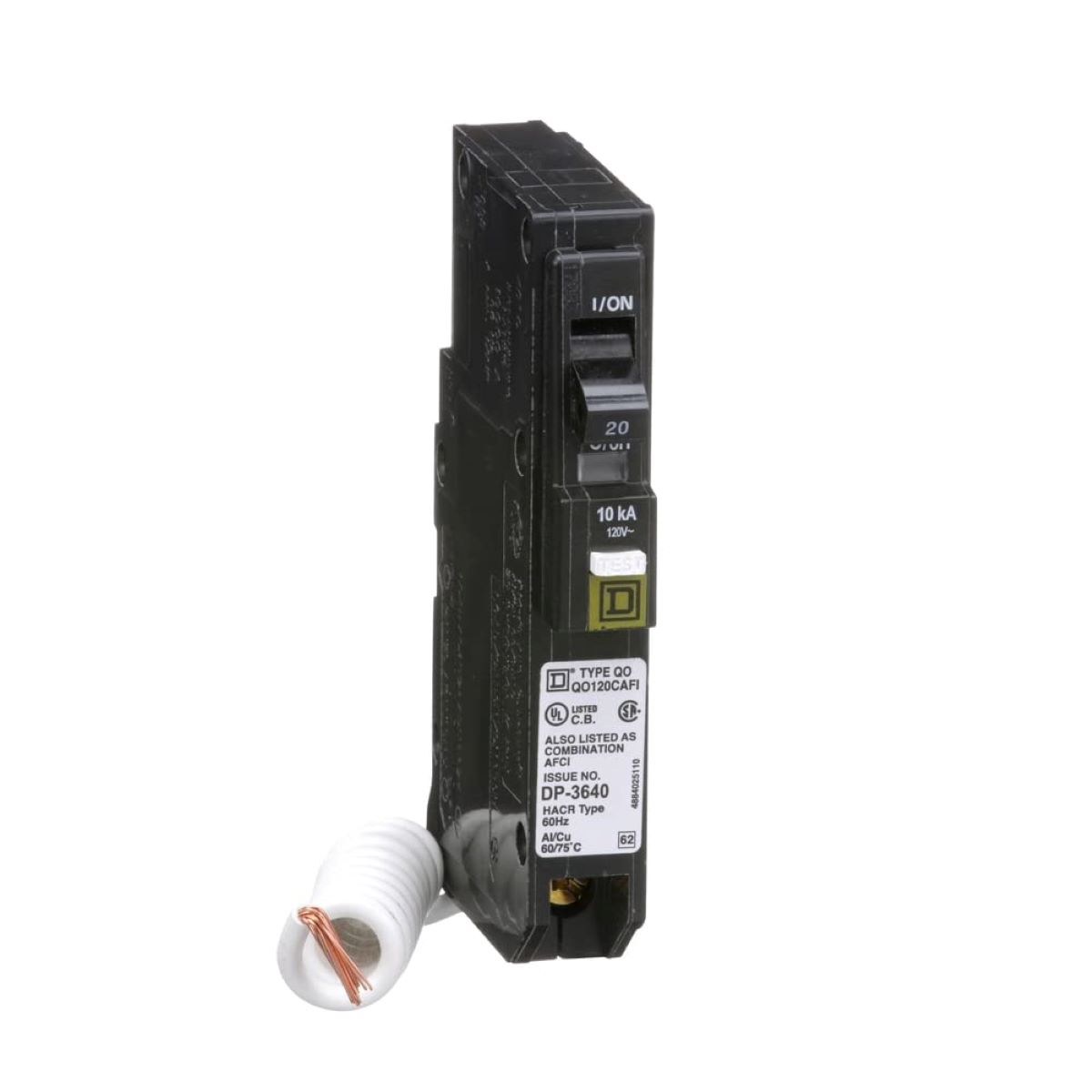
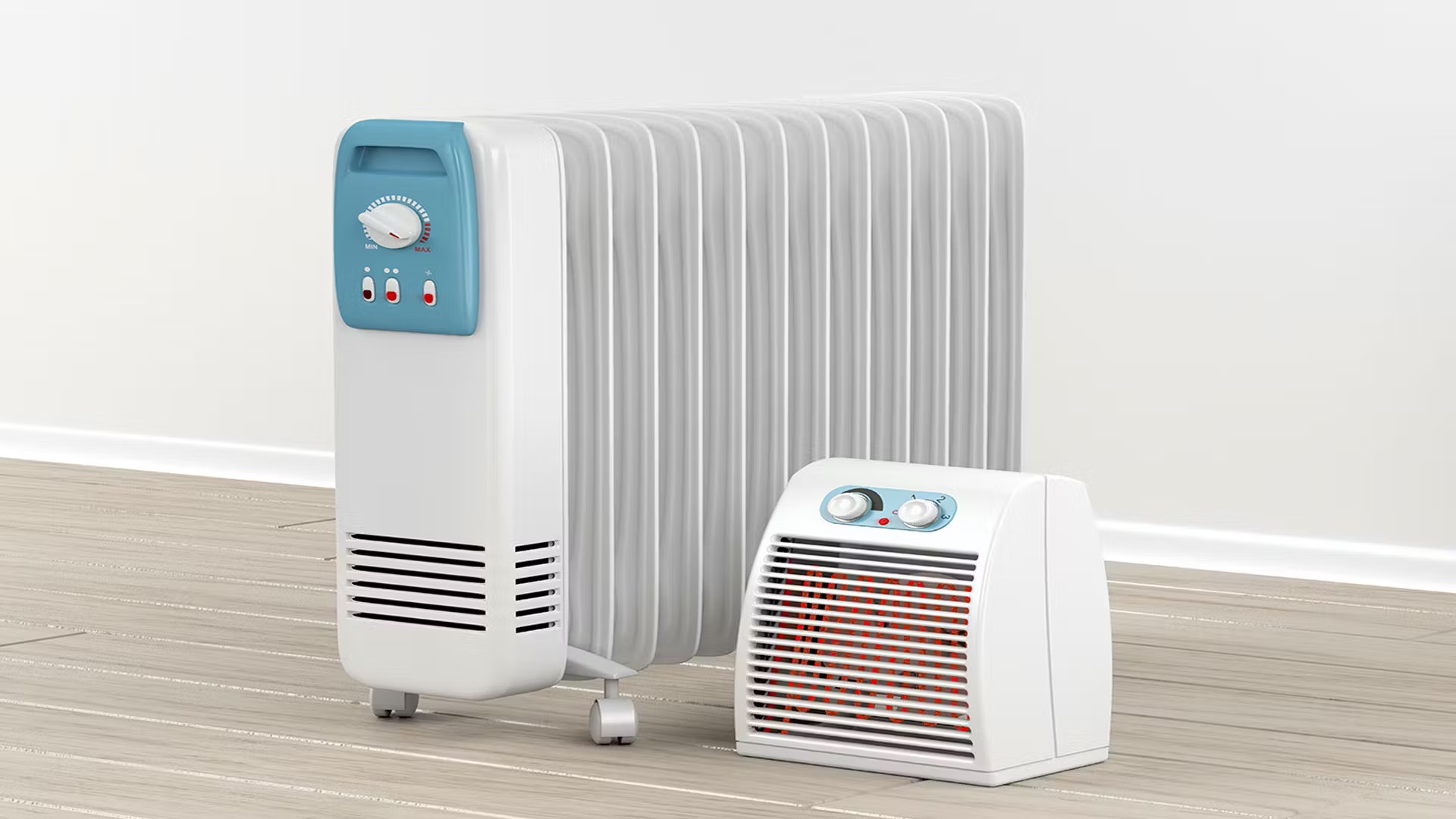
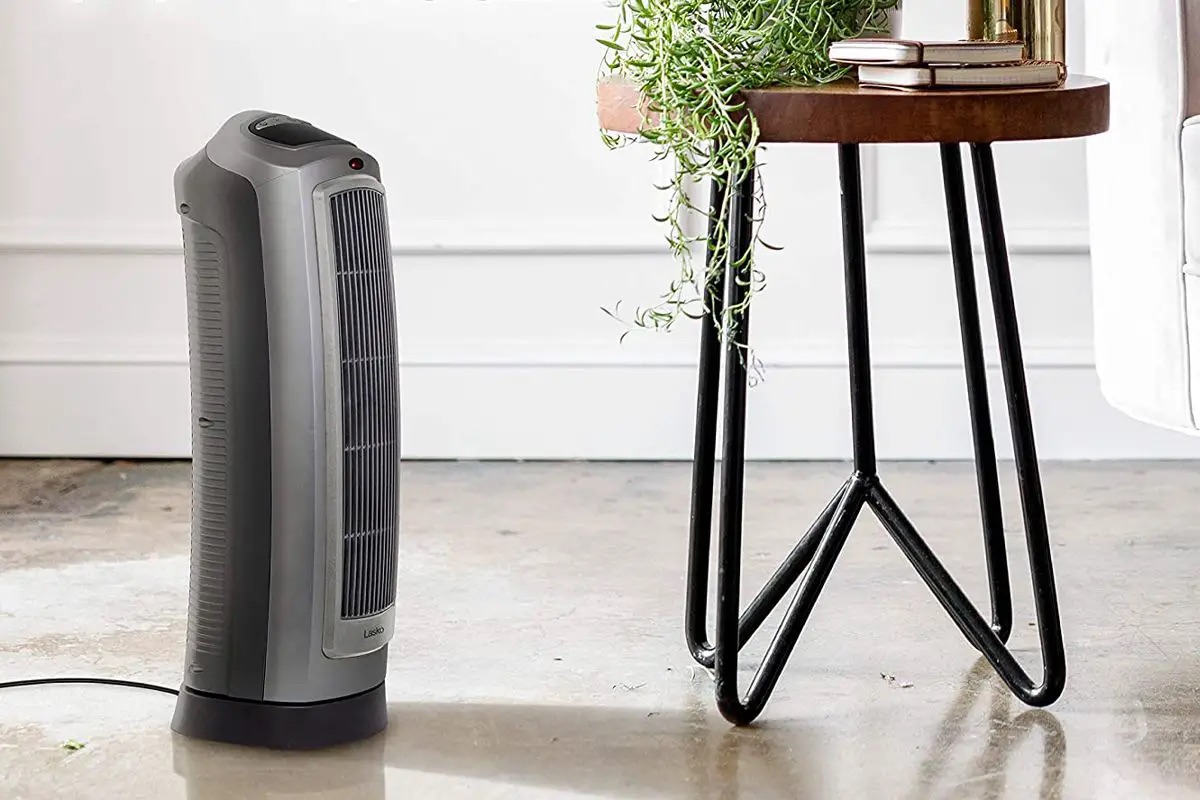
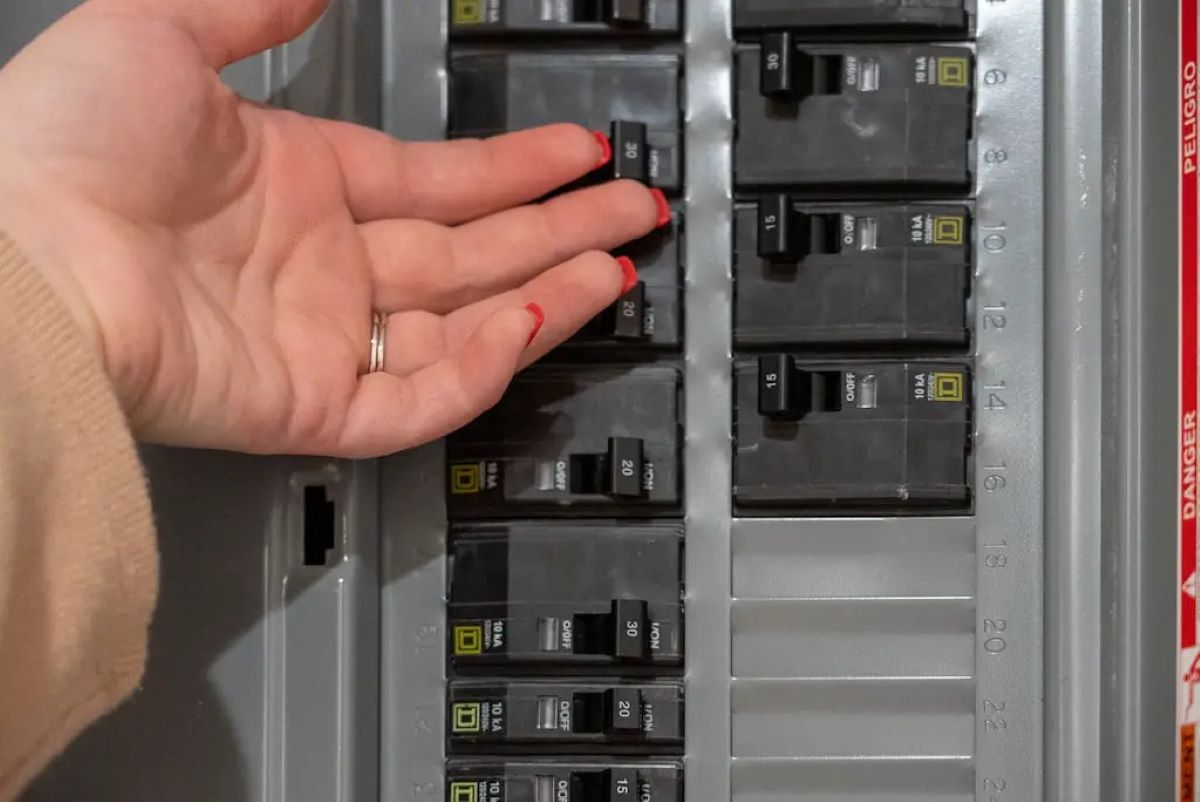
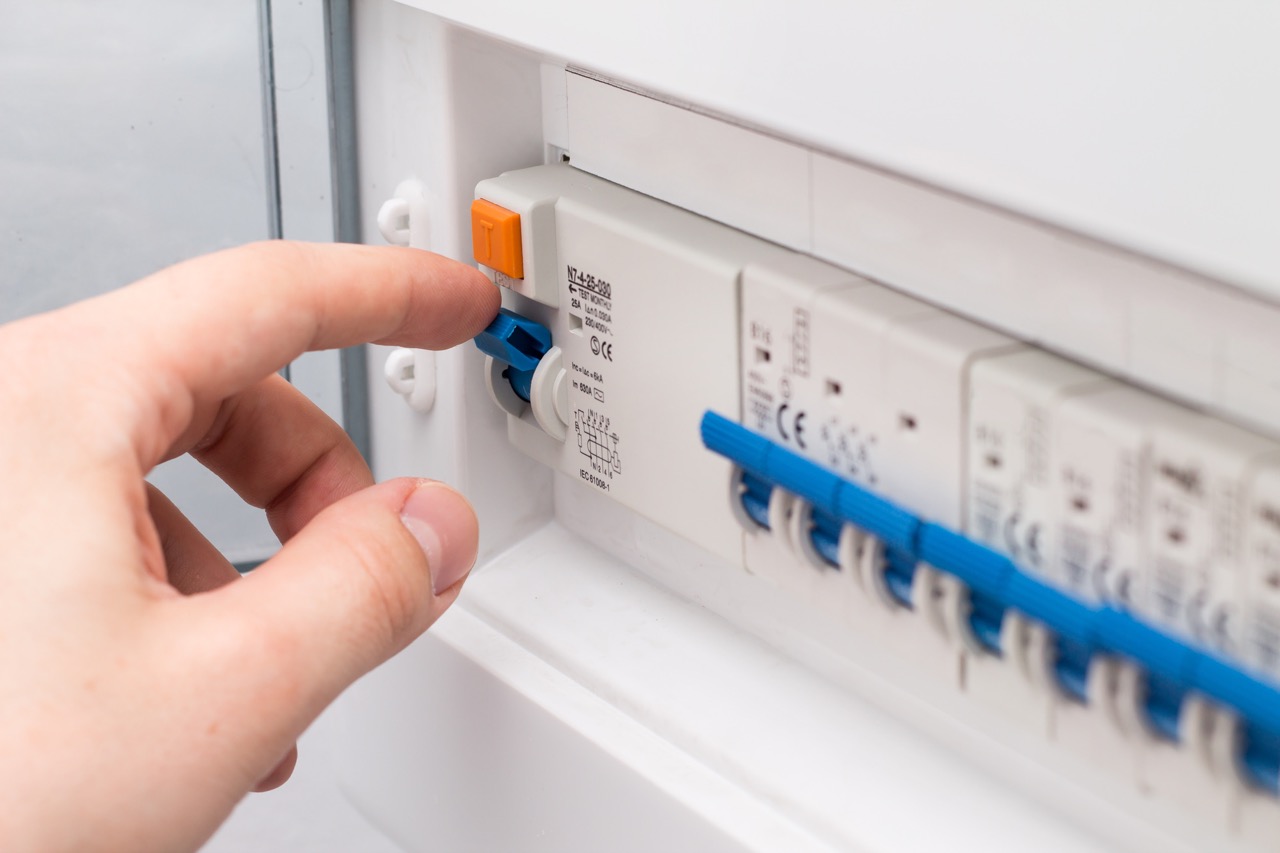
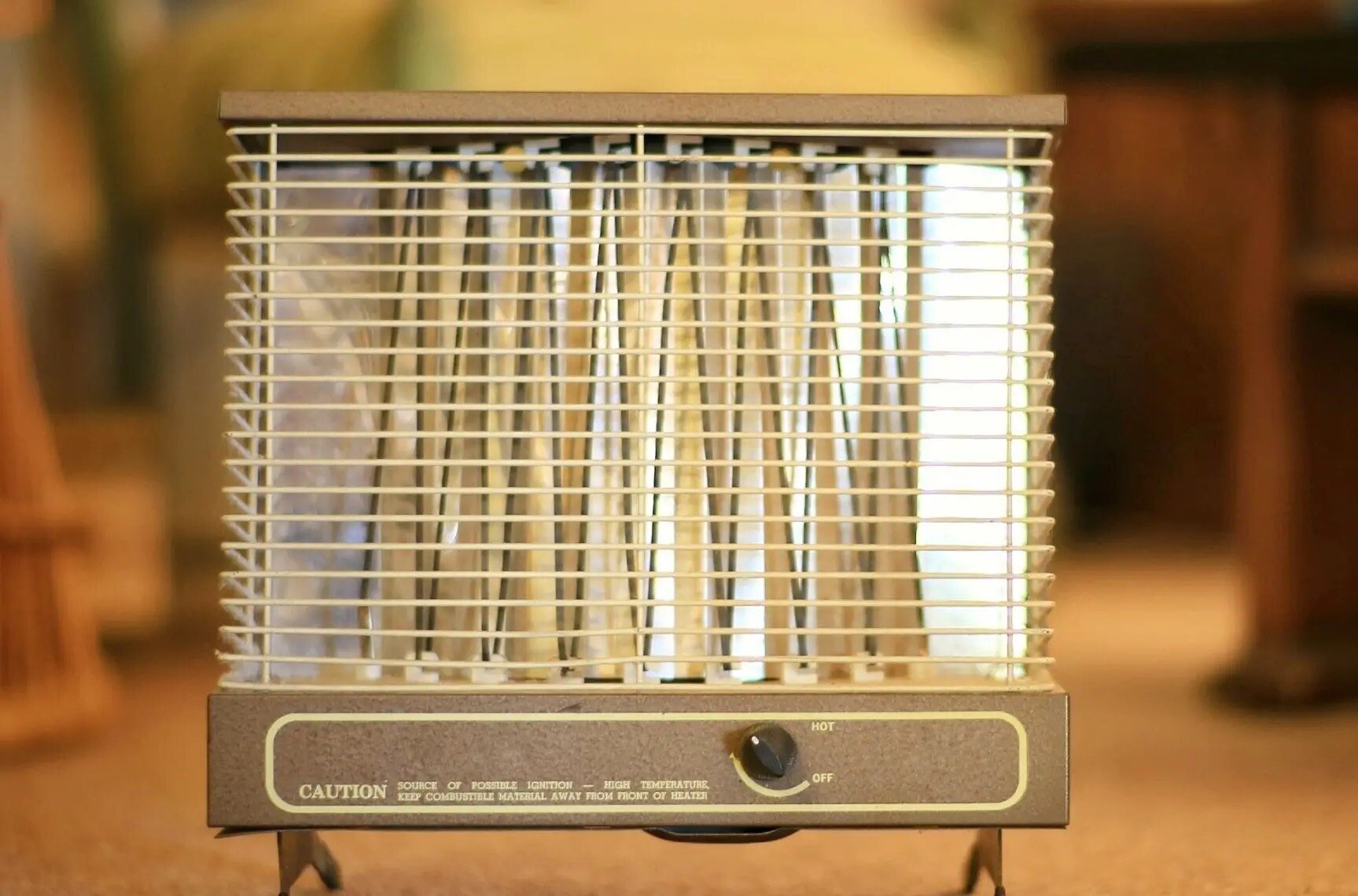
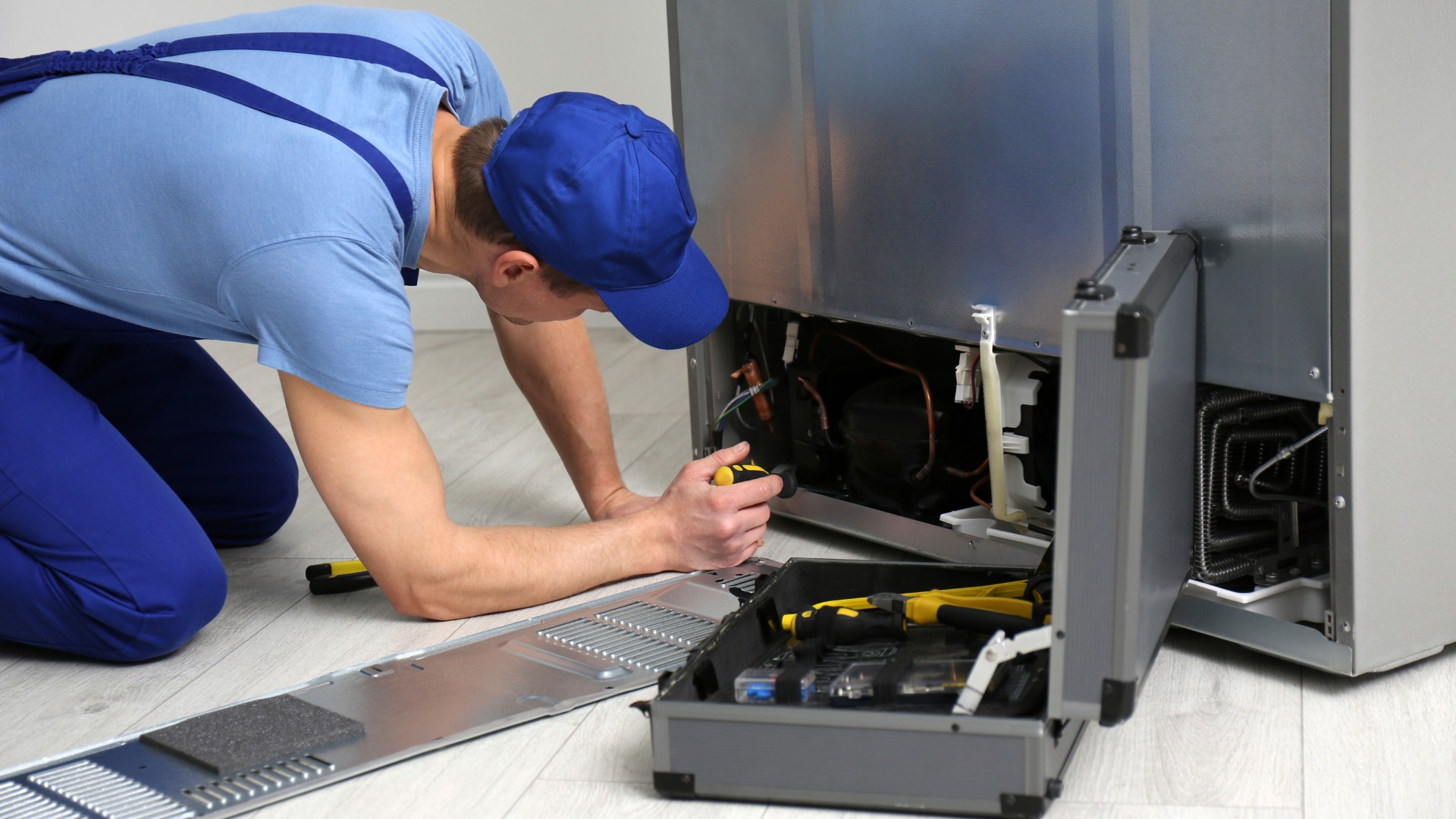
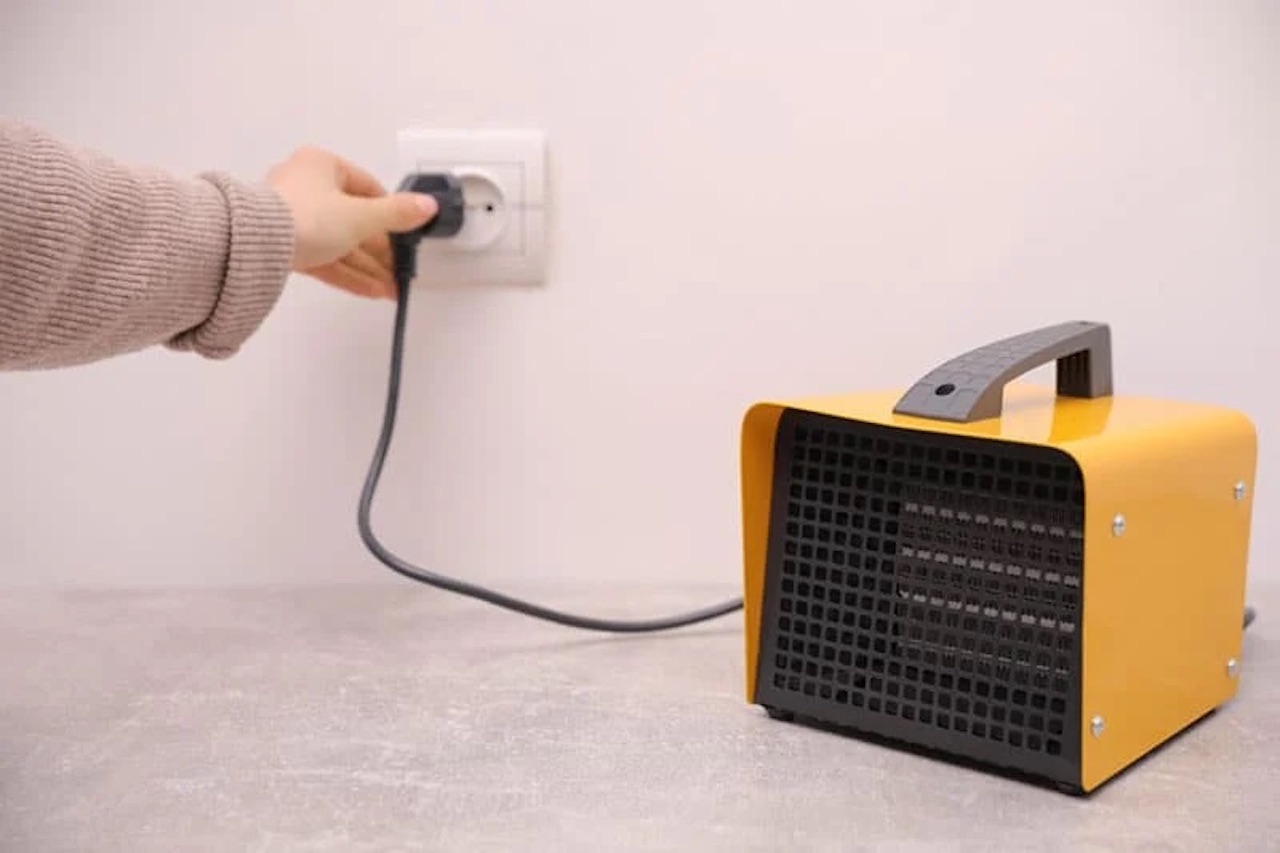
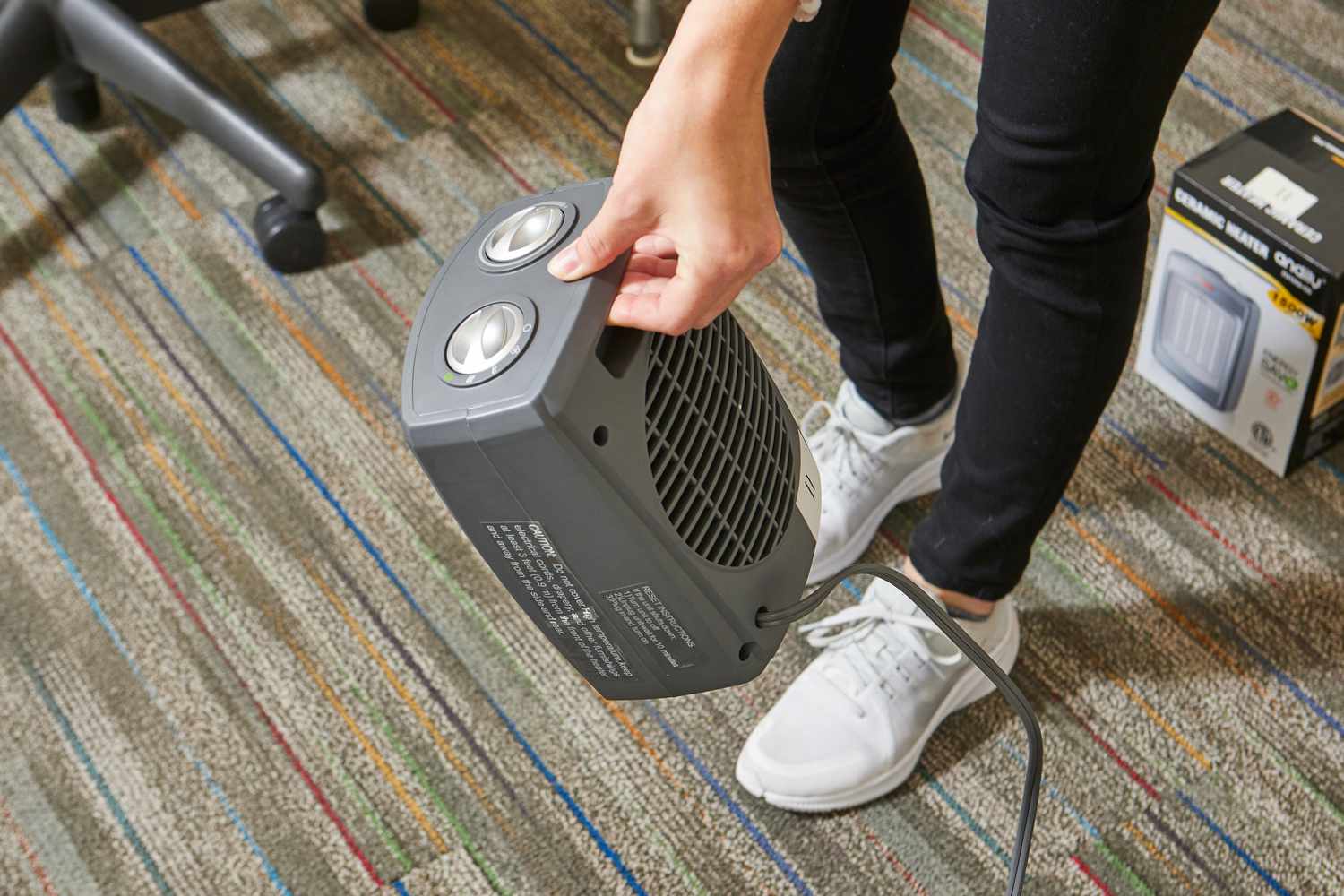

0 thoughts on “Why Is My Space Heater Tripping The Breaker”